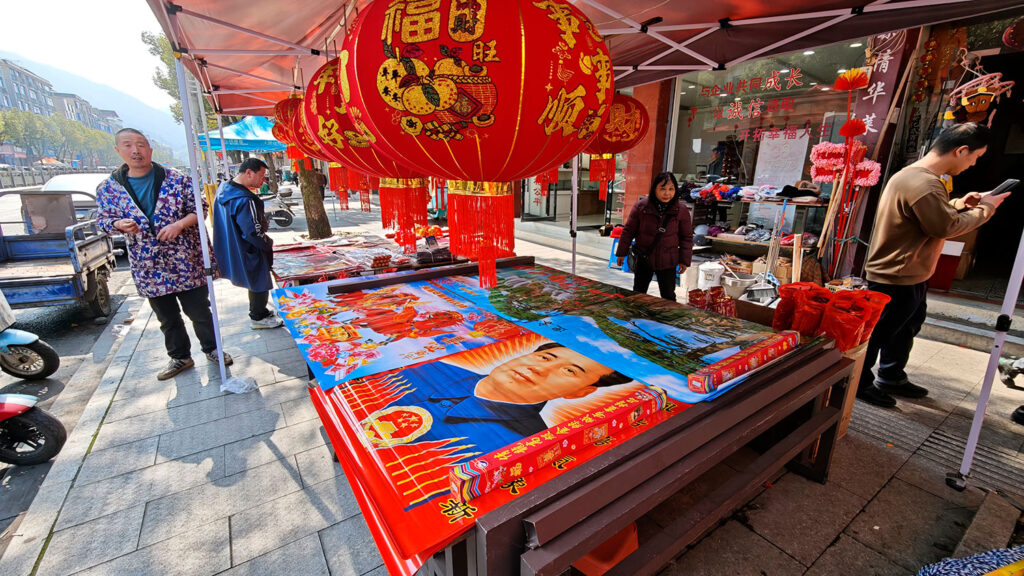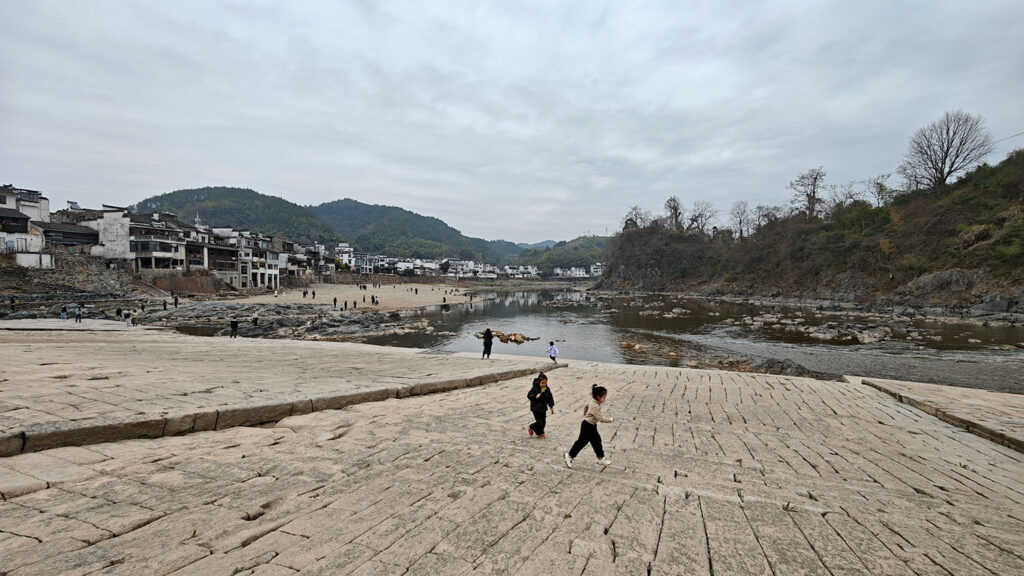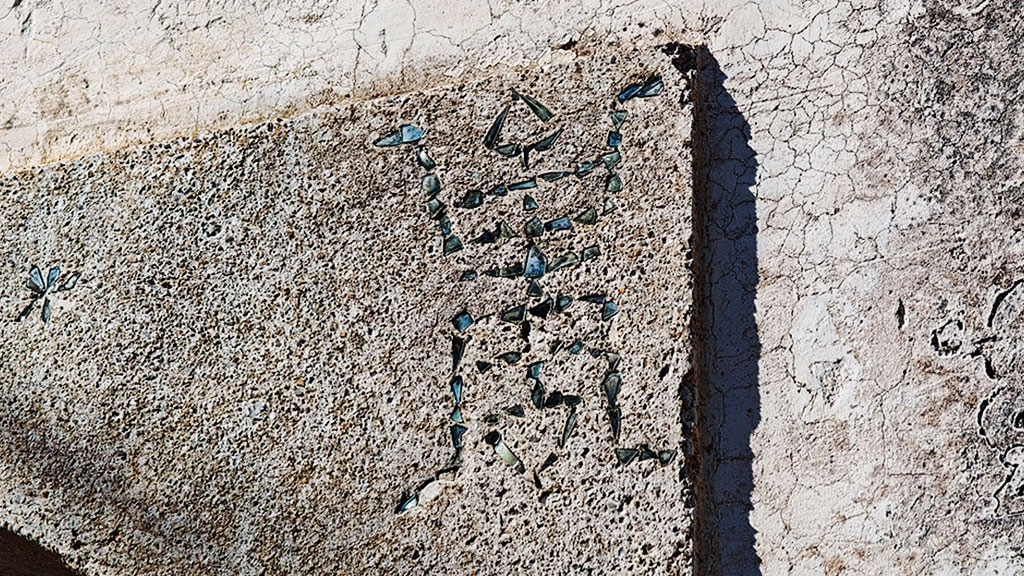Yesterday I finally got to reading Iron & Silk, about Mark Salzman teaching English in Changsha (长沙) in the early 80s. And even though Salzman seems like a great guy, he does not make for a great writer, and to me, his book feels more like a bundle of anecdotes rather than literature.
This isn’t a value verdict. Iron & Silk was entertaining to read, but it’s one thing and not another. Then what is literature? The best definition of literature, as opposed to any written work, I heard is that it’s something that touches on larger topics of humanity, or addresses a larger need of society. That even if the story is set in a now forgone era, the message they hold is timeless,
H is for Hawk isn’t just a story about training a goshawk, but much more about what makes us human. A God in Ruins isn’t just about wartime, it’s about aging, stoicism, love. Commonwealth is a simple story about two families, but packs so much about the difficulties of modern life. How to be Both explains us what art is, through the stories of two fragile souls, centuries apart. I did not even like the book so much when I finished it, but it echoed in my mind for such a long time.
And reading Iron & Silk made what literature is, and isn’t so obvious to me. A comparison to Peter Hessler is easy, unfair perhaps. (Especially by me, who do I think I am?)
But in River Town, Hessler writes about Fuling and how he observes it, and analyses it. Salzman is amused by how his foreign appearance makes local girls giggle, while Hessler writes: “For the first time I realized the full importance of race, not just in the way it divided people, but also in the sense of feeling a link to those who looked like you.”
The same later on. Salzman writes about the ‘没办法’ (There’s no way, it can’t be done) attitude, but Hessler writes: “A woman in her forties told me that she didn’t understand the issue, because she was simply Old Hundred Names. That was the best part of being Old Hundred Names – they were never responsible for anything. It was the same way in any country where the citizens spoke of themselves as the “common people” but in China there was a much higher percentage of Old Hundred Names than in most places. Virtually everybody you met described himself as such, and none of them claimed to have anything to do with the way things worked.”
Salzman’s book was a nice enjoyable trip to Changsha in the 80s, but Hessler’s made me learn more about the underlying mechanism of the country, the condition of the people of Fuling. There’s much more depth to unpack. It made me reflect on my own life and piece experiences together.
In entertainment, the plot adjusts to the characters, but in literature, characters exist only for the plot. Also this rings partly true. Hessler writes about the city and observes it, while in Salzman’s book, he himself is his own main character (as in the movie he made about the book).
Some people will like Iron & Silk more than River Town, especially those into martial arts, so this is what makes literature hard to define. But ‘like’ isn’t the key for literature. It’s more than entertainment. I certainly did not enjoy Moby Dick, but I can see why it’s a classic. You can’t take revenge on an animal, but you can learn about yourself in the process.



